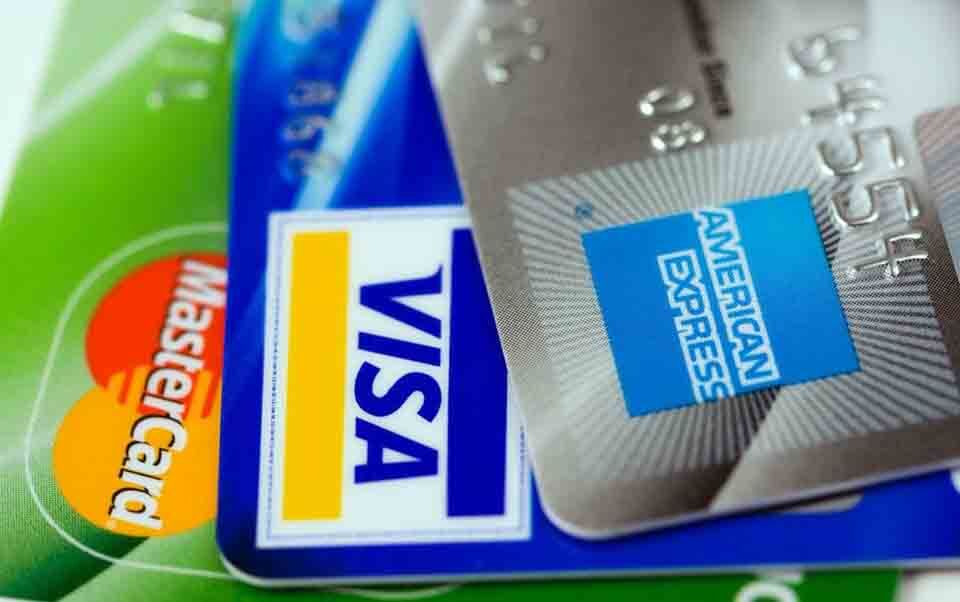$8 Credit Card Late Fee Limit Blocked By Court Injunction

The Biden administration’s plans to restrict late fees on credit cards the White House said on Friday will cost Americans over $800 million every month has been temporarily injuncted by Judge Mark Pittman, a federal judge in the Northern District of Texas.
The lawsuit, led by the U.S. Chamber of Commerce on behalf of banks seeking to put a stop to a Consumer Financial Protection Bureau (CFPB) proposal limiting late fees from going into effect next week, is seen as a win by credit card companies and banks who collect billions every year in what the White House Refers to as “junk fees.”
Consumer Financial Protection Bureau Limit On Late Fees
The current average credit card late fee is $32 and the CFPB estimates that banks take in credit card late fees of around $14 billion per annum. New rules proposed by the CFPB would have seen a limit of $8 for most credit card late fees, alternatively, banks would have to show reasons why their charge should exceed $8.
Liz Zelnick of Accountable.US said the Texas lawsuit is one of many lawsuits designed to secure record corporate profits at the expense of everyone else. While the U.S. Chamber got its way for now, she said, “Families get price-gouged with credit card late fees a little longer.”
Court Case Prevents Late Fees Limit From Taking Effect
The so-called “junk fees’ are part of President Biden’s reelection campaign, but banks see this as a political battle that threatens their business model. Consumer advocates say the bank fees are based on the risk that banks and credit card companies are taking on and are excessive.
The banks asked the court to issue an injunction against implementing the $8 fee limit earlier this year but initially ran into a roadblock when Judge Pittman ordered that the case be moved to Washington, D.C., as few banks operate in northern Texas. An appeals court later reversed most of Pittman’s ruling and ordered him to make a decision on the bank’s request for an injunction.
Critics of the lawsuit said the lawsuit is an example of judicial “forum shopping,” a strategy companies use by filing a lawsuit in a friendly district to have a better prospect of getting a favorable ruling. Pittman imposed the injunction at the new hearing but used a significant portion of his order to scold the Fifth Circuit Court of Appeals for sending the case back. He had already ruled that the case should be handled from Washington.
Jerry Edwards, the White House spokesperson, said they are disappointed that the court sided with big banks, special interests, and House Republicans, pausing a critical step that would save American families billions in junk fees.
